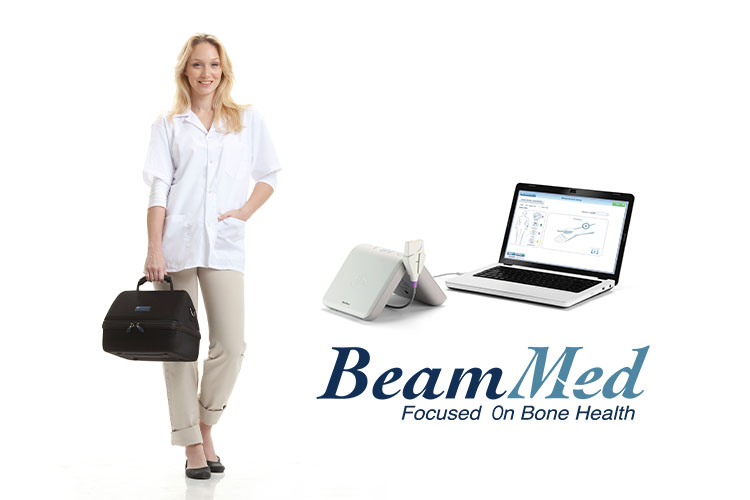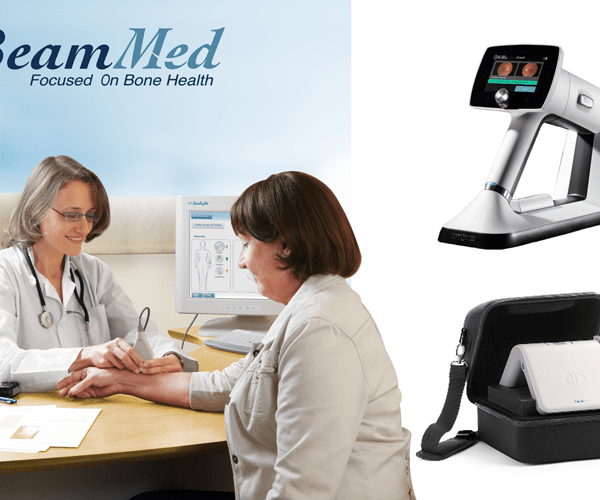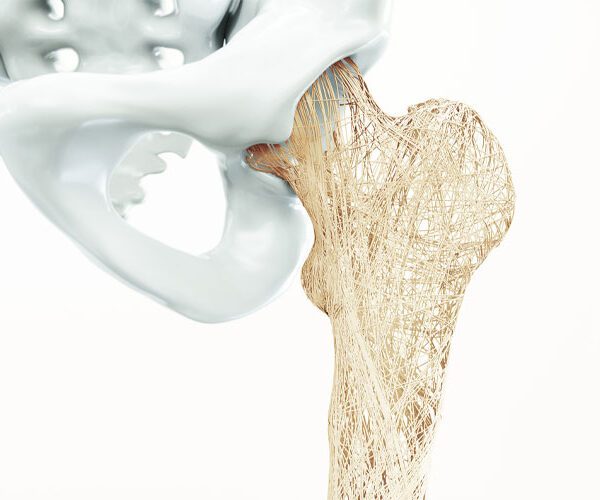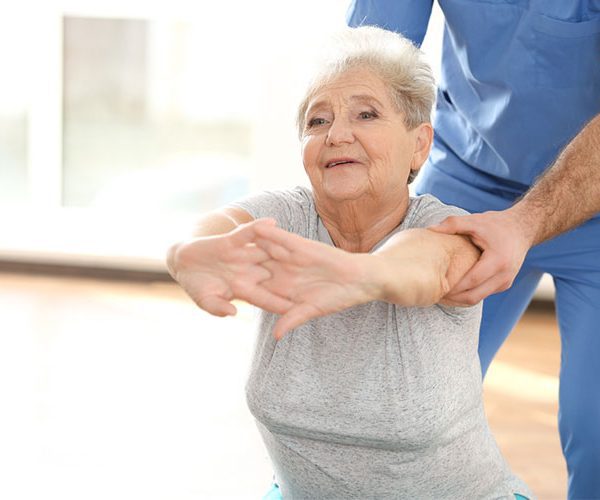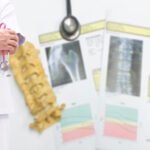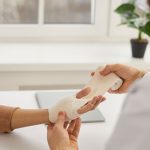As we go about our daily lives, our bones quietly provide the framework that supports our bodies, protects our organs, and enables movement. Yet, it’s easy to overlook the significance of bone health until problems arise. Fortunately, by understanding the importance of maintaining strong and healthy bones, we can take proactive steps to minimize the risk of bone diseases and fractures. Bone health plays a vital role in our quality of life, and healthcare professionals are well positioned to make recommendations to their patients for achieving optimal skeletal well-being.
The Importance of Bone Health
Healthy bones are not only essential for physical strength and stability, but they also contribute to overall well-being. Bones serve as a mineral reservoir, storing calcium and phosphorus, vital elements for various bodily functions. Moreover, bone health is closely linked to maintaining mobility, reducing the risk of fractures, and preventing debilitating conditions such as osteoporosis (National Osteoporosis Foundation [NOF], n.d.).
Lifestyle Recommendations for Optimal Bone Health
Adequate Calcium and Vitamin D Intake: Calcium is a key component of bone tissue, while vitamin D aids in calcium absorption. Encourage patients to consume calcium-rich foods like dairy products, leafy greens, and fortified cereals. Depending on age and gender, the recommended daily intake ranges from 1000 to 1300 mg (NOF, n.d.). Additionally, advise patients to spend time outdoors for natural vitamin D synthesis or consider supplementation if necessary (National Institute of Arthritis and Musculoskeletal and Skin Diseases [NIAMS], n.d.; Mayo Clinic, 2022).
Engage in Weight-Bearing Exercises: Weight-bearing exercises put stress on the bones, stimulating the production of new bone tissue and enhancing overall bone strength. Activities such as walking, jogging, dancing, and weightlifting are excellent choices. Encourage patients to engage in at least 150 minutes of moderate-intensity aerobic exercise or 75 minutes of vigorous activity per week, combined with strength training exercises targeting major muscle groups (Centers for Disease Control and Prevention [CDC], 2021).
Maintain a Balanced Diet: A well-balanced diet rich in fruits, vegetables, whole grains, and lean proteins provides essential nutrients for bone health. Emphasize the importance of consuming adequate protein to support bone tissue formation and repair. Encourage patients to limit excessive alcohol consumption and avoid smoking, as both can negatively impact bone health (National Institute of Arthritis and Musculoskeletal and Skin Diseases [NIAMS], n.d.; Mayo Clinic, 2022).
Be Mindful of Medications: Certain medications can affect bone health. For instance, long-term use of corticosteroids can lead to bone loss. Healthcare professionals should educate patients about potential side effects and work collaboratively to manage their medication plans while minimizing bone-related risks (NIAMS, n.d.).
Avoid Falls and Prevent Injuries: Preventing falls is crucial for protecting bone health, particularly in older adults. Recommend regular eye check-ups, removing hazards at home, and encouraging the use of assistive devices if needed. Promote the importance of maintaining good balance, flexibility, and muscle strength through exercises like yoga or tai chi (CDC, 2021).
Regular Bone Density Assessments: For women over 65 and other individuals at risk of osteoporosis, regular bone density screenings can detect early signs of bone loss and assess the overall health of the skeletal system (NOF, n.d.). By monitoring bone density over time, healthcare providers can identify changes, provide targeted interventions, and closely monitor the effectiveness of treatment plans, if necessary. Portable bone density scanners are a great tool for bone health assessments because these screening devices use ultrasound technology to measure bone density, providing a quick and convenient alternative to DXA scans. These devices can be used in community-based settings to increase accessibility and convenience for patients while promoting bone health.
Promoting Bone Health for a Lifetime
Promoting bone health is a fundamental aspect of overall well-being, and healthcare professionals play a vital role in educating and empowering their patients to adopt healthy practices. By emphasizing the significance of adequate calcium and vitamin D intake, engaging in weight-bearing exercises, maintaining a balanced diet, being mindful of medications, preventing falls, and undergoing regular bone density assessments, individuals can lay a strong foundation for skeletal strength and resilience. Educating your patients to make bone health a priority today will help them build a healthier future for tomorrow.
Contact Beammed Ltd for bone density scanners.
References:
Centers for Disease Control and Prevention. (2021). How much physical activity do older adults need? Retrieved from https://www.cdc.gov/physicalactivity/basics/older_adults/index.htm
Mayo Clinic. (2022). Nutrition and healthy eating: Calcium and calcium supplements: Achieving the right balance. Retrieved from https://www.mayoclinic.org/healthy-lifestyle/nutrition-and-healthy-eating/in-depth/calcium-supplements/art-20047097
National Osteoporosis Foundation. (n.d.). What is osteoporosis and what causes it? Retrieved from https://www.nof.org/patients/what-is-osteoporosis/
National Institute of Arthritis and Musculoskeletal and Skin Diseases. (n.d.). Osteoporosis: Overview. Retrieved from https://www.niams.nih.gov/health-topics/osteoporosis

